When you take too much salt in your diet and do not compensate with increased water intake, the body sends you red flags.
For the body to function and stay healthy, it needs a certain amount of salt. Sodium chloride regulates the body’s water balance and tissue tension and is essential for the excitability of muscles and nerves. It also participates in digestion and bone structure. But in excess, it becomes a cause of problems.
The World Health Organization (WHO) recommends consuming no more than 5 g of salt per day. But many of us eat much more than we need. The salt that we add in cooking and dressing is an integral part of the intake, but we also take other amounts unnoticed through ultra-processed foods.
Foods with the most added salt are aged cheeses, pickles and other preserves, ready meals, and charcuterie. On average, Spaniards consume an average of 10 g of salt, double the recommended amount.
We take too much salt.
If the body receives too much salt, the excess is excreted through the kidneys. The body also loses water in the process, which makes us feel thirsty. In the long term, if excess salt is maintained, the kidneys become overworked.
If you don’t drink enough, excess sodium causes a constriction of blood vessels, increasing blood pressure. That is why one of the pieces of advice given to hypertensive people is to reduce their salt intake.
If you overeat salt, it can be toxic. Sodium draws water out of cells, which is physiological stress. If the water balance is not restored, diarrhea and vomiting occur. In severe cases, a lack of water can lead to heart and respiratory disorders or even death.
physical signs you’re taking in too much salt
Constant thirst
If you have eaten salty foods, your body will ask for water more often. It is essential to meet this need because the body needs it to balance minerals on the outside and inside of cells. Likewise, excessive thirst can also be a sign of type 1 diabetes.
Swelling of the face
When you wake up in the morning, you may find that the area around your eyes and cheeks is inflamed—higher salt intake the day before may be the reason for this. Excess salt causes fluid to be trapped between cells, and tissues swell.
The scale shows more weight.
It is not always an excess of calories that makes you gain weight. Salt retains fluid, which is heavy, but don’t panic; a day with a bit of salt and a lot of water (yes, although it seems brown because it is precisely about diluting sodium) will help eliminate excess water retention.
Food tastes bland.
Eating processed foods and prepared foods too often can dull our perception of salty taste. People who suffer from this often say that they find vegetables very bland. It is essential to reduce the amount of salt added consciously. Since the taste buds on the tongue are regularly renewed, they can get used to low-salt foods.
Salt gives flavour to our food and enhances its flavours, but exceeding its use is not good because the body resents it in different ways. From the typical fluid retention argument to more severe complications like kidney stones, it is not good to use it in an exacerbated way.
What other things happen when we abuse the use? We tell you, not without first clarifying, that it is not about eliminating it since it is also essential in the diet but so that you learn to use it intelligently and your food is rich at the same time that you stay healthy.
Constant headache
Headaches can be caused by excessive salt intake. The typical signs are pricking and pressure in the temples since the salt causes the brain’s blood vessels to dilate. If you have this type of headache, you must drink a lot of water.
Kidney stones
If the salt concentration in the urine increases and the kidneys are not flushed with enough water, crystals can form. The salts are deposited on top of each other in layers so that kidney stones develop over time. Stones can be excruciating.
It is vital that you drink 1.5 to 2 litres a day, more if you exercise a lot of it is hot. This cleanses the kidneys and prevents waste from building up. If small kidney stones have already formed, it also helps to drink a lot and move to excrete them.
The weirdest superstitions of Mexican cuisine and their origins
Five foods you should eat if you have hypertension
These types of salt are Mexican. Have you tried them yet?
varieties of salt
Dehydration
This is one of the effects that you will feel almost immediately; If you haven’t realized it yet, pay attention the next time you go for a hamburger with fries; even before you finish, your mouth and throat will feel dry.
A mistake is to quench that thirst with soda, which has, among other things, salt. You will feel momentarily relieved, but the reality is that the body still needs water.
When you have high sodium levels, you get a condition called hypernatremia; As a way to recover and dilute it, your body releases water from cells into the bloodstream, but if this lasts for a long time, it can.
Swelling
Another effect of excess salt is fluid retention, according to a study in The American Journal of Gastroenterology. When you are bloated, you feel uncomfortable, with limited mobility, and for some, this can even cause pain.
The stomach, feet and hands are some of the parts of the body most affected. Sodium must be excreted through the urine while the kidneys do their job. If this does not happen, the swelling begins.
how much salt from Colima
Acne and skin damage
There is scientific evidence that acne and diet have a direct impact on each other. One study found that out of 200 participants, those with acne ate a high amount of salty foods while those with healthy complexions had normal sodium levels.

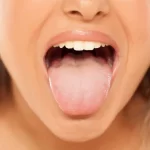
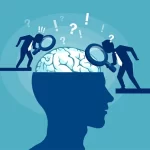


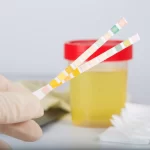
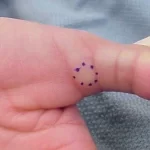
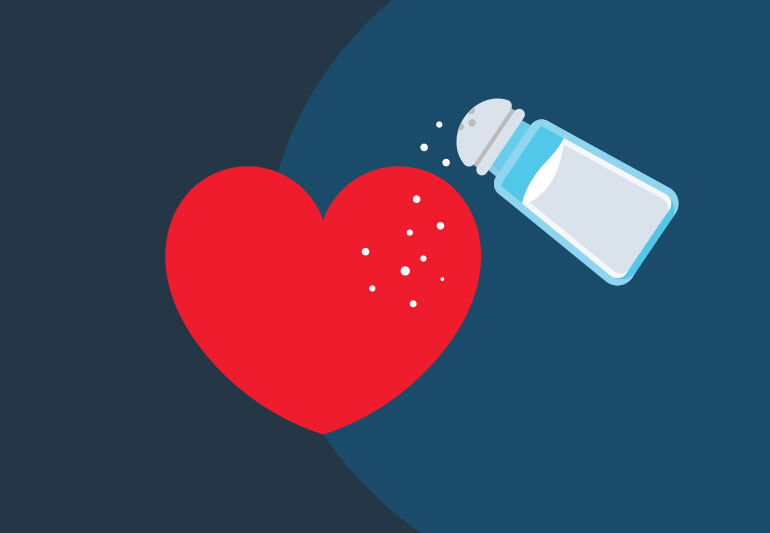
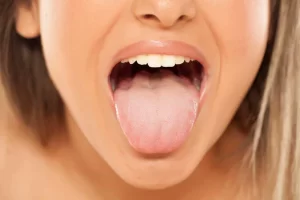
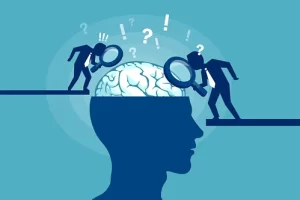







Add Comment